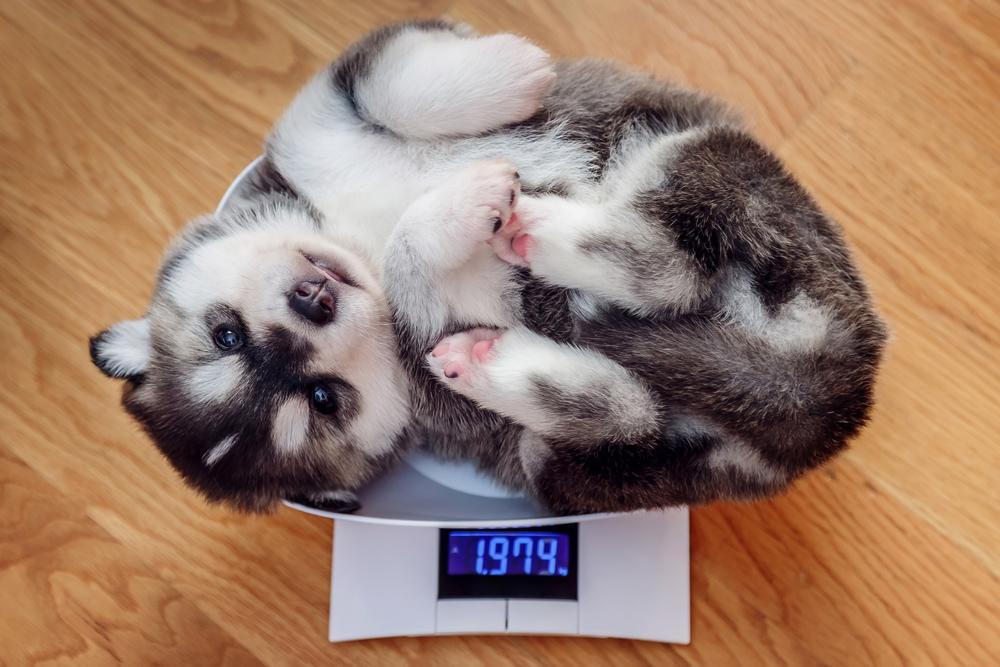Canine Diabetes Treatment with our Duarte Veterinarian

A metabolic disorder interfering with the way a dog's body converts food and glucose into energy, dog diabetes can be one of two types--insulin deficiency diabetes or insulin resistance diabetes. Dogs diagnosed with insulin deficiency diabetes suffer from lack of insulin due to pancreatic dysfunction. Insulin resistance diabetes involves the canine pancreas producing insulin but the dog's cells aren't utilizing the insulin normally. Insulin deficiency is the most commonly diagnosed form of dog diabetes while insulin resistance diabetes affects mostly obese or older dogs.
Symptoms and Treatment for Dog Diabetes
Early signs of dog diabetes include excessive thirst, increased urination (dogs with diabetes may have more "accidents"), increased appetite and weight loss. Dogs with diabetes may seem constantly hungry because their body is not absorbing and using nutrients from digested food. Specifically, cells are not receiving enough glucose to provide enough energy to the dog's physiological systems.
Dogs with advanced diabetes will have a more pronounced loss of appetite and weight loss. In addition, dogs suffering untreated diabetes may appear depressed, fatigued and uninterested in playing or socializing with people. In some dogs, vomiting can contribute to dehydration, rapid weight loss and tiredness.
What are Risk Factors for Dog Diabetes?
Dogs over six years old are more vulnerable to developing insulin deficiency diabetes or insulin resistance diabetes. Unspayed and obese dogs may also be prone to suffering diabetes. Recurring bouts of pancreatitis in dogs can impair the ability of the pancreas to produce insulin. Finally, genetics could play a role in increasing a dog's risk for diabetes. Miniature poodles, Dachshunds, Beagles, Pugs and Samoyeds are at a higher risk for diabetes due to a genetic predisposition associated with more pure-bred dogs.
How is Dog Diabetes Diagnosed by a Veterinarian?
Blood and urine testing for excess sugar (glucose) in a dog's body is the standard method for diagnosing diabetes. Additionally, blood tests reveal other signs of diabetes, such as electrolyte imbalances and abnormal liver enzymes. Your vet will also perform a physical on dogs suspected of having diabetes.
Treating Dog Diabetes
Owners of dogs with diabetes will need to add more complex carbohydrates and fiber to their dog's diet to help slow glucose absorption by cells. Making sure a diabetic dog gets plenty of exercise prevents sudden drops or spikes in blood glucose that could cause serious health problems. Finally, most dogs will need daily injections of insulin to control blood glucose.
Consequences of untreated diabetes in dogs include formation of cataracts, skin infections/hair loss, severe dehydration, recurring urinary tract infections and organ damage. Unchecked blood glucose levels may eventually cause heart disease, kidney/liver failure and impair a dog's cognitive abilities.
Let Our Duarte Veterinarian Help
If your dog is showing signs of diabetes, please call Duarte Azusa Animal Hospital today at 626-346-2992 to schedule an appointment with Dr. Zabihi for a physical exam and blood test.
